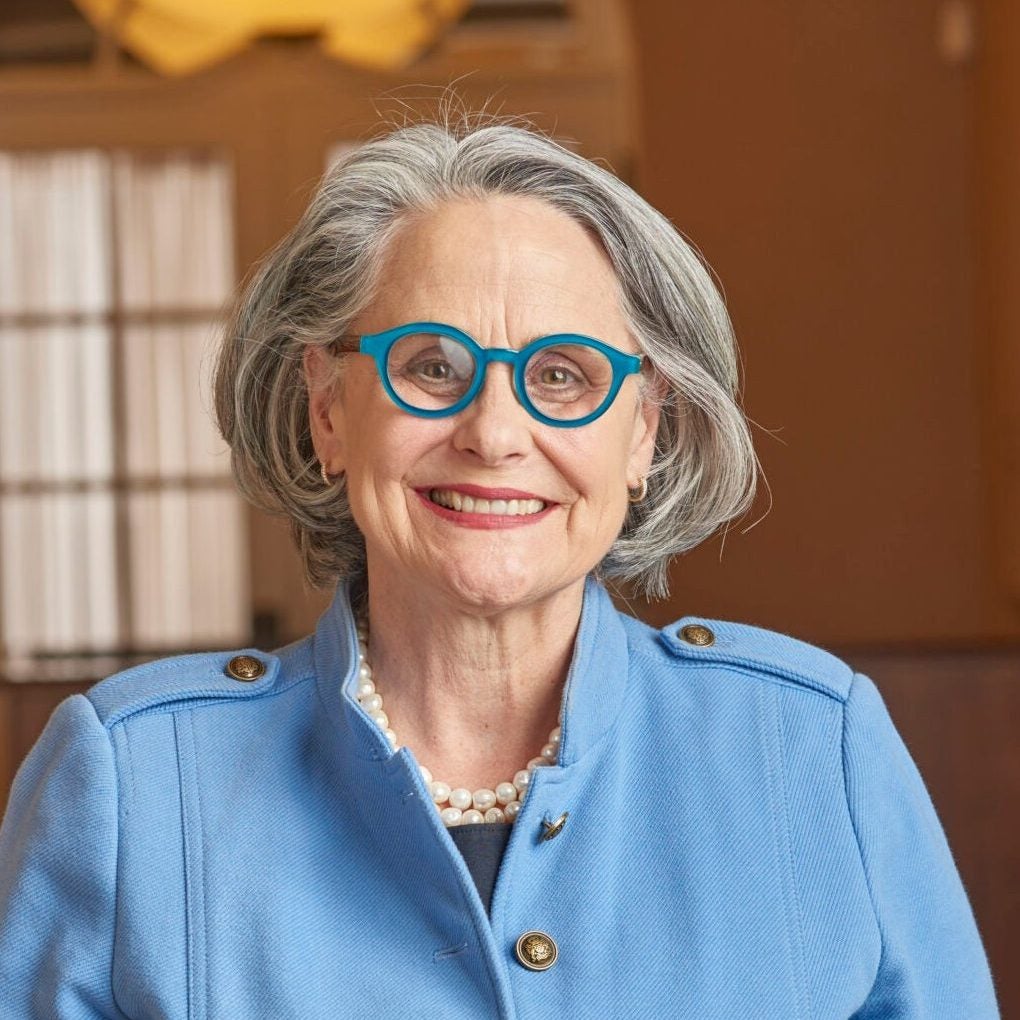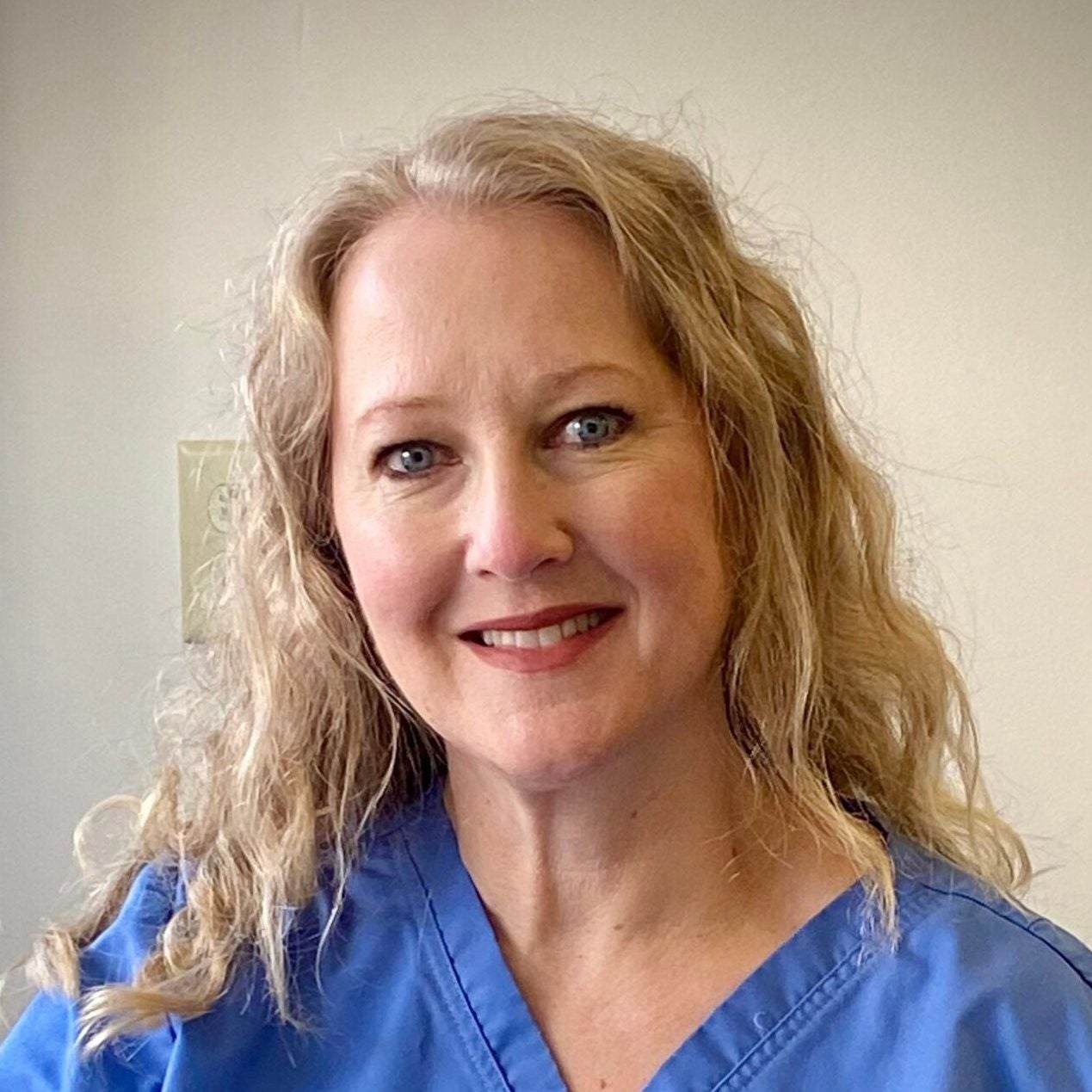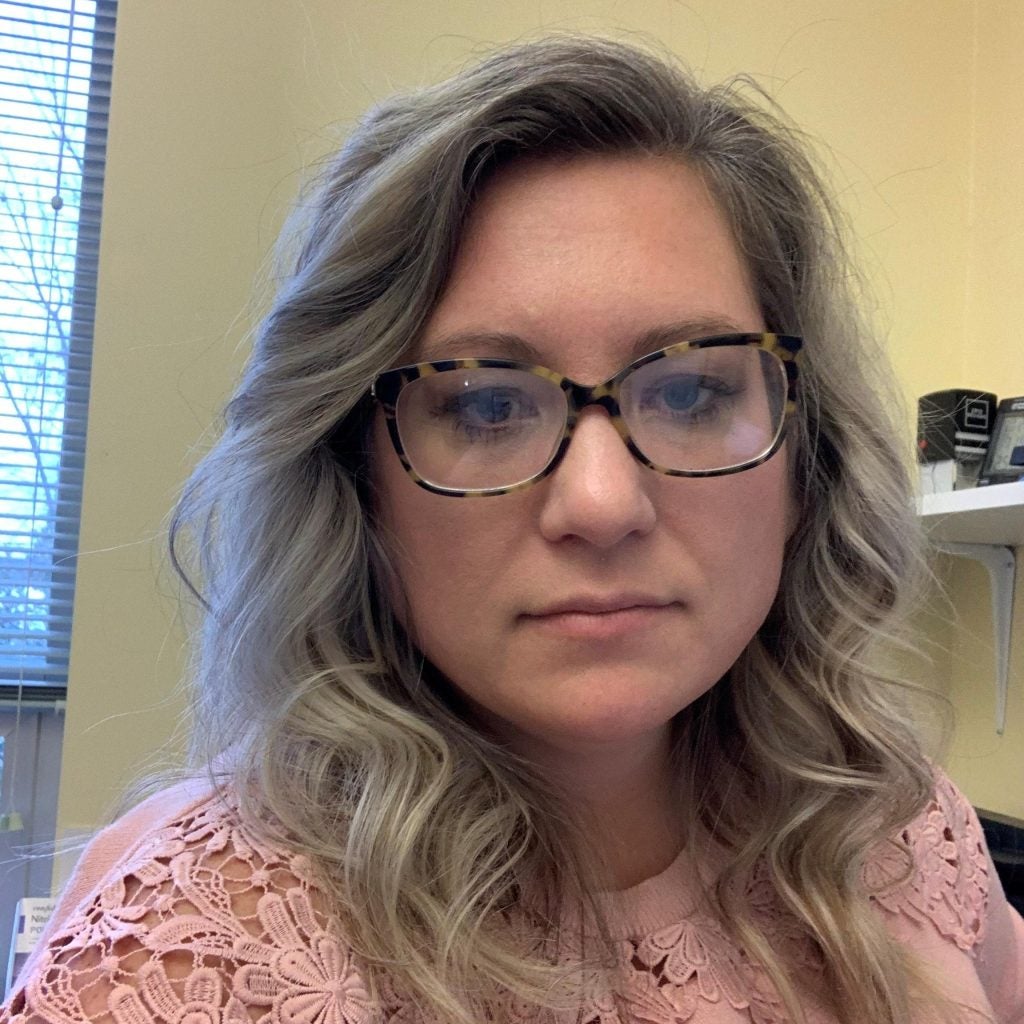
Interstitial lung diseases (ILDs) are a range of conditions characterized by inflammation (fibrosis) of the alveolar wall. One of the most common is idiopathic Pulmonary Fibrosis (PF) which causes scarring and stiffening of the lung tissue, reducing capacity. Unfortunately, this scarring cannot be reversed or repaired and there is currently no known cure for the condition. According to the GlobalData Clinical Trials database, there are currently 68 ongoing clinical trials for ILDs, with 27 trials in Phase II and 19 trials in Phase IV.
The current debate on using decentralized clinical trials (DCTs) is centered around reducing participant burden and attrition bias and enhancing participant engagement. Mobile visits, which bring study protocol activities to the home setting or other remote locations, often play a crucial role in dosing and sampling regimens. According to GlobalData, dropout rates for Phase II and III trials that utilized mobile visits were around 50% less than those for a group of comparable trials without.
In August 2024, experts in clinical trial research came together on a virtual panel to discuss the applications and benefits of mobile visits based on their work in the Myositis Interstitial Lung Disease Nintedanib Trial (MINT) study.

Moderator:
Ellen Weiss, Strategy Decentralized Trials, Emeritus, PCM Trials
Panelists:
- Dr Rohit Aggarwal, M.D., Medical Director, Arthritis and Autoimmunity Center, Professor of Medicine, Co-director, UPMC Myositis Center, Division of Rheumatology and Clinical Immunology, and Principal Investigator of the MINT study at the University Pittrburgh;
- Sol Dominguez, Trial Project Director, University of Pittsburgh, Division of Rheumatology and Clinical Immunology;
- Rachael Ketler Bishop, Clinical Research Coordinator, University of Pittsburgh, Division of Rheumatology;
- Sara Bailey, CCRC, Oversight Director and Sr. Project Manager, PCM Trials.




The practical applications and benefits of mobile visits
Moderator Ellen Weiss kicks off by highlighting the evolution of decentralized trials from the first home visit in 2003 to widespread use, accelerated by the 2020 global pandemic. Dr. Aggarwal takes up the story by sharing how the MINT trial for rare autoimmune diseases and interstitial lung disease was first initiated when a traditional center-based study of 200 participants failed after taking eight years to complete.
“One of the major reasons for the delay in this [failed] trial is recruitment, and this problem is multiple-fold in areas of rare diseases,” Dr Aggarwal explains. In traditional site-based trials, participants are required to travel to the site for frequent study visits, examinations and data collection. He notes this method only targets 3% of the total eligible population due to geographical limitations and cost.
Dr. Aggarwal realized a more home-based approach was needed. Via a major NIH grant, an observational study was set up and quickly achieved significantly higher recruitment than traditional methods. Importantly, data quality, compliance and completion rates matched those seen in traditional research methods, so the next step was to convert this into a full DCT – the MINT trial.
Designing a DCT
Dr. Aggarwal outlines the MINT study design which involves personal interactions with study nurses, tablets for questionnaires, telemedicine visits, activity monitors for data collection, and smart devices for home monitoring. He describes continuous data as one of the many benefits of this approach, enabling 24/7 monitoring of study participants. “In a traditional clinical trial, we only collect data once a month,” he notes.
Sol Dominguez, who is overseeing the MINT study at University of Pittsburgh, joins the discussion: “DCTs have the potential to expand access to a more diverse population, lessen patient burden, and improve trial efficacy. We have patients from all over the United States, coast to coast. Even in rural regions where it seems impossible to get courier shipments, we’ve managed to make it happen.”
Rachel Kepler Bishop emphasizes the importance of communication and flexibility in adapting to participant needs, especially when using technology which may be unfamiliar to participants. “We spend time with them as coordinators […] working with their tablets,” she says. “In some cases, if they aren’t able to upload the data, we’ve worked out a secondary route to get that data. They mail us their watches, and then we mail them back!”
Incorporating mobile visits into a study
Sara Bailey explains how PCM Trials collaborated with Dr. Aggarwal and the University of Pittsburgh team during the MINT study startup process to ensure all the necessary elements were in place to provide successful mobile research support services.
“We matched PCM [Trials] certified mobile research nurses to the MINT study participants based on skill required, proximity, and language,” Bailey says. “This broadens the radius of participants, helping those with mobility issues, children, or lack of reliable transportation.
“We communicate with our nurses before, during, and after study visits. Nurses have an escalation pathway for any serious adverse events (SAEs) that may occur [during a visit], and our nurses operate with PI oversight. Our nurses establish a real relationship with the participants throughout the study – an overall pleasant experience.”
Dominguez wraps up the discussion with this comment: “[From feedback] we know patients prefer fully remote visits. This makes their lives easier. Many of these patients are working or have children and it’s easier to have procedures completed from the comfort of their home.”
You can watch the full discussion by downloading below.


